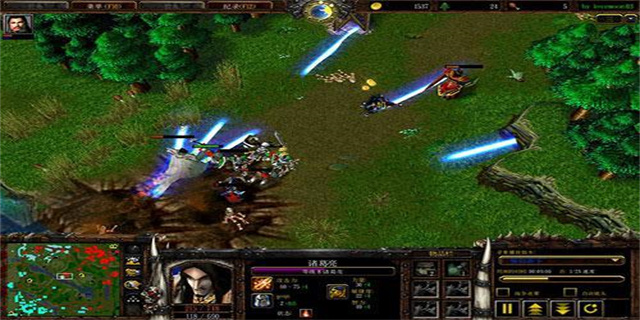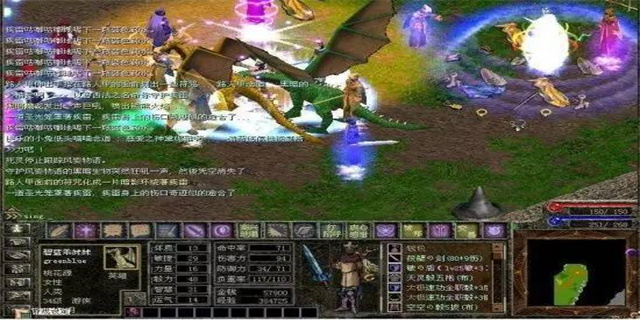Out of Memory
Introduction
Out of memory is a common error that occurs when a computer's memory resources are exhausted. It can significantly impact the performance and stability of the system, leading to crashes, freezing, or even data loss. In this article, we will explore the causes of out of memory errors, their implications, and some potential solutions.

Causes of Out of Memory Errors
There are several factors that can contribute to out of memory errors:

1. Insufficient RAM: One of the most common causes of out of memory errors is simply having insufficient random-access memory (RAM) installed on the computer. When the available RAM is exceeded by the demands of running programs, the system may start to slow down or crash, resulting in an out of memory error.
2. Memory Leaks: A memory leak occurs when a program fails to release memory that it no longer needs. Over time, memory leaks can accumulate, gradually depleting the available memory. If not addressed, this can lead to an out of memory error.
3. Large Data or Processes: Programs that require a significant amount of memory to process large datasets or perform complex calculations can also trigger out of memory errors. In such cases, the sheer size of the data or process exceeds the available memory, causing the system to run out of resources.
Implications of Out of Memory Errors
Out of memory errors can have numerous consequences:
1. System Instability: When a computer runs out of memory, it may become unstable and start freezing, crashing, or responding slowly to commands. This can result in a frustrating user experience and hinder productivity.
2. Data Loss: In extreme cases, out of memory errors can lead to data loss. If a program crashes while writing data to a file, for example, the file may become corrupted and unrecoverable. This highlights the importance of saving your work regularly to minimize the impact of potential memory-related issues.
3. Reduced Performance: Even if an out of memory error does not cause a system crash or data loss, it can still significantly impact performance. When the computer is low on memory, it may start swapping data between RAM and the hard drive, resulting in slow and sluggish operations.
Potential Solutions
Fortunately, there are several solutions to mitigate or resolve out of memory errors:
1. Upgrade RAM: If the computer has insufficient RAM, upgrading to a larger capacity can help alleviate out of memory errors. Adding more RAM to the system provides more resources for running programs and reduces the likelihood of encountering memory-related issues.
2. Close Unnecessary Programs: Closing programs that are not actively in use can free up memory and prevent out of memory errors. It is also advisable to limit the number of background processes running to ensure adequate memory resources are available.
3. Monitor Memory Usage: Keeping an eye on memory usage can help identify programs or processes that consume excessive memory. Task Manager in Windows or Activity Monitor in macOS can provide insights into the memory usage of individual applications, allowing users to identify potential culprits causing out of memory errors.
4. Fix Memory Leaks: Addressing memory leaks requires fixing the programming code itself. Developers should ensure that memory allocated dynamically is released when it is no longer required. Regular code reviews, testing, and debugging can help identify and resolve memory leaks before they lead to out of memory errors.
Conclusion
Out of memory errors can be frustrating and disruptive, impacting both the performance and stability of a computer system. Understanding the causes of these errors and implementing appropriate solutions, such as upgrading RAM, closing unnecessary programs, and monitoring memory usage, can help mitigate the occurrence of out of memory errors and ensure a smoother computing experience.





























